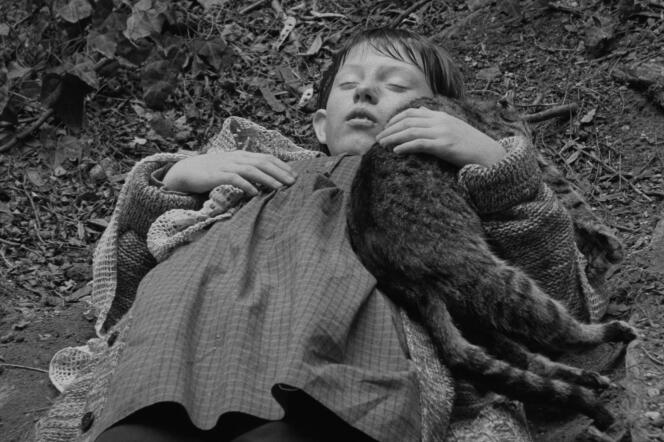


In the opening chapter, the lame Futaki is in bed with Mrs Schmidt, and has to get up, sneak outside and come in again when her husband arrives unexpectedly.

It took a while to place the action in time: an estate is mentioned, the villagers in their hovels seem like serfs, it could be the nineteenth century or earlier, but modernity does intrude now and then (there’s a truck, for instance). There is something like a resurrection, too, witnessed by Irimiás. The way they await his coming, to their grim, moribund village, where it always rains, and no-one besides the pub’s landlord has worked since an unspecified big employer left the area many years ago. Reading this just before Easter, I wondered if there was some deliberate connection between the figure on whom most of the characters pin their hopes, Irimiás, and Jesus.


 0 kommentar(er)
0 kommentar(er)
